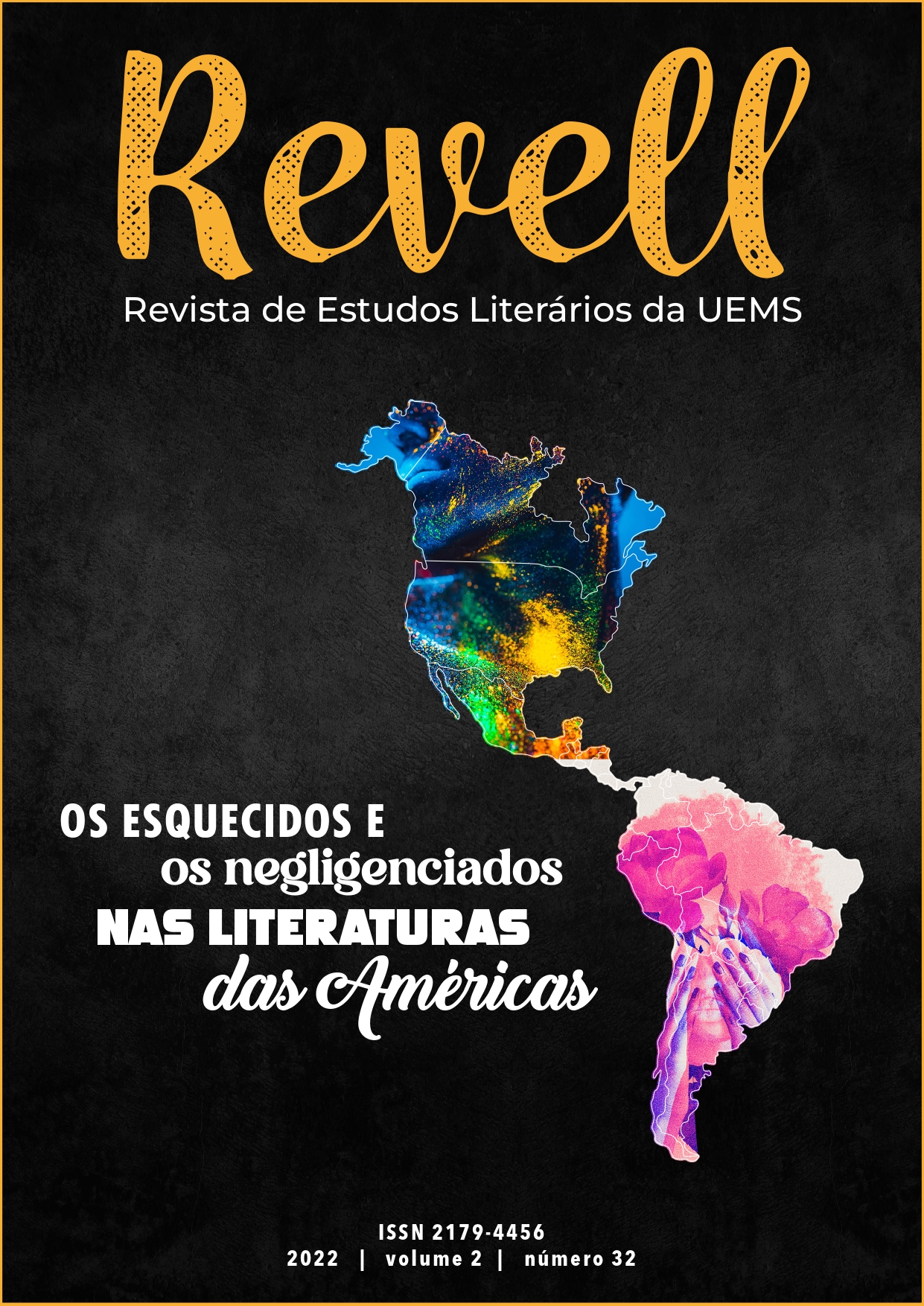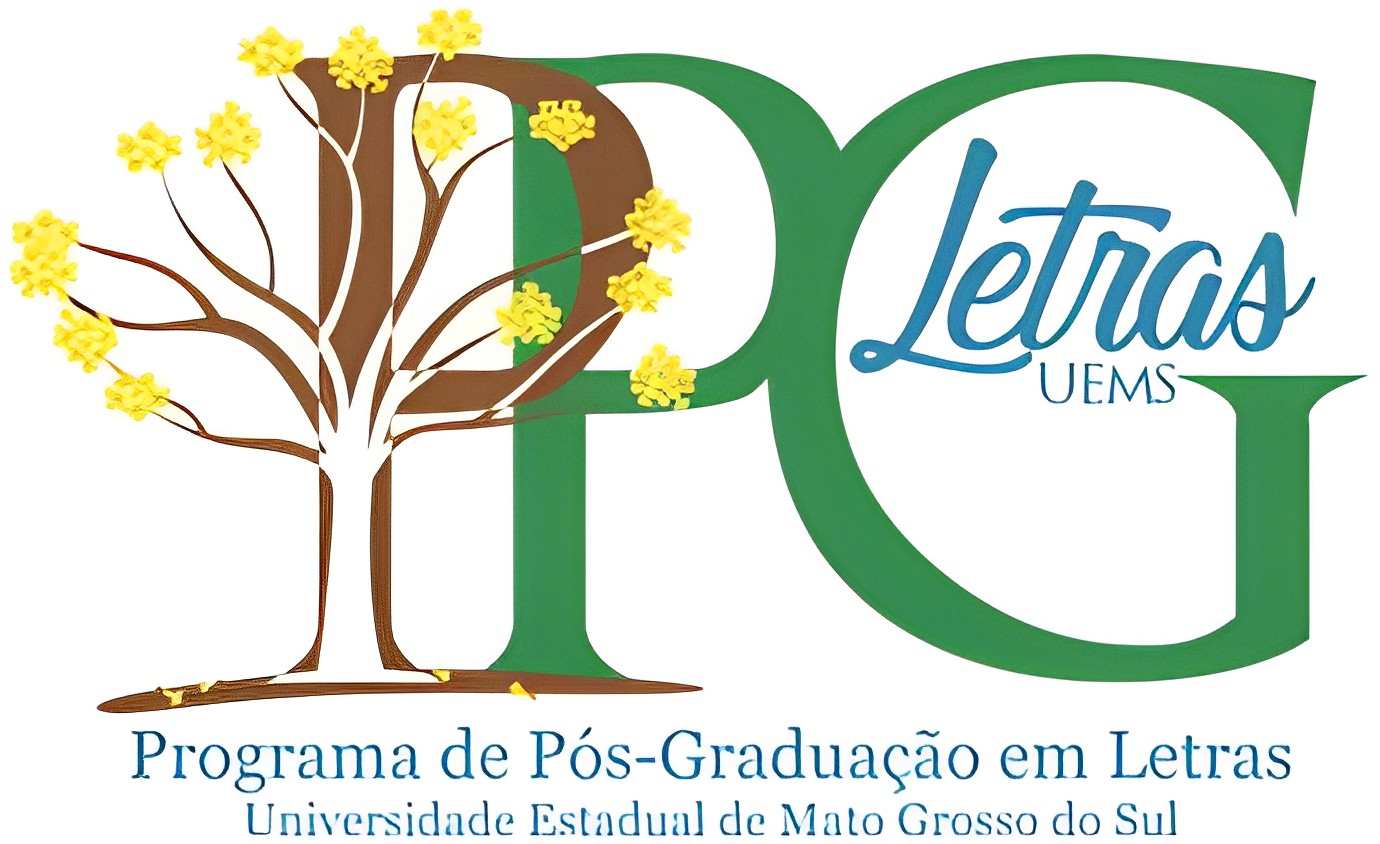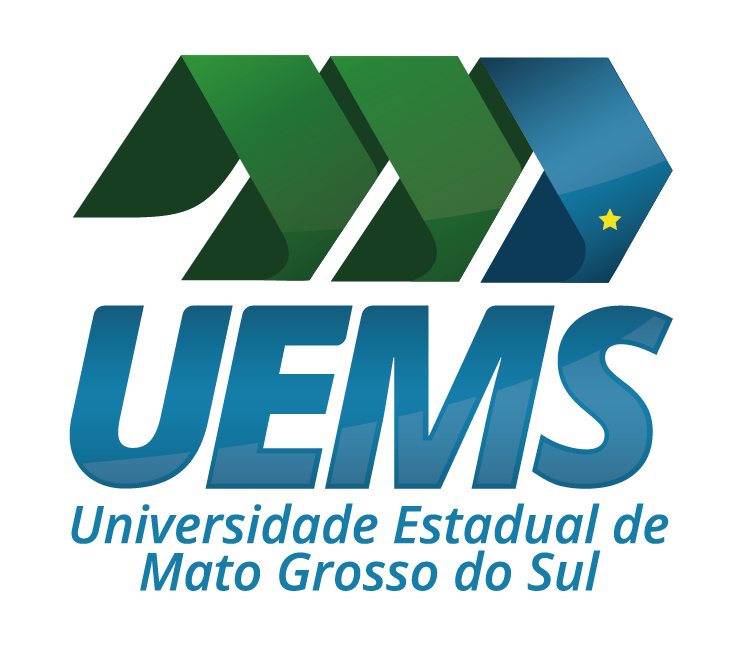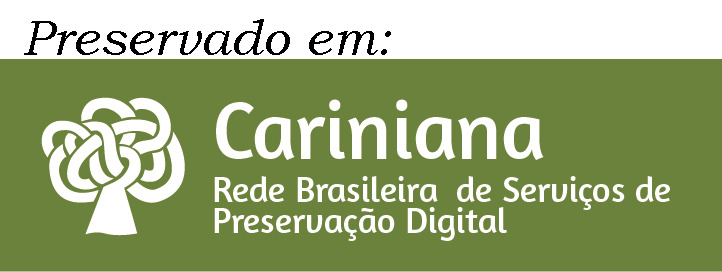Os vários cantos das Américas: reivindicação de voz na poesia de Langston Hughes e Lolly Aires
DOI:
https://doi.org/10.61389/revell.v2i32.7102Keywords:
Inter-American comparativism, Literatures of the Americas, Comparative LiteratureAbstract
Literature as a discourse that raises from the social fabric carries a considerable representational index on the reality from which it arises. Therefore, the literary textuality, as a constant (re)construction of meanings, semanticizes historical fractures that ravage societies. This is the idea we chase in this essay analyzing the relations among three poems: “I hear America singing”, by Walt Whitman, “I, too”, by Langston Hughes, and “Eu também canto a América”, de Lolly Aires. The two first are literary productions from the United States and the third one from Brazil; thereby, in the analytical exercise, we aim at observing, in the intertextual relation accomplished, the voice and social participation claiming in the poetry by Langston Hughes and Lolly Aires. These end up representing neglected identities in American continent since they highlight the exclusion motivated by race and gender vectors, mainly. Thus, we get close to inter-American comparativism (FIGUEIREDO, 2005; BERND, 2011), in order to bring the literary production closer in the horizon of the social criticism they achieve.
References
AIRES, Lolly. Eu também canto a América. Terra Plena: mulheres enraizadas num mar de areia. v. 3, p. 45, 2021.
BENJAMIN, Walter. Sobre o conceito de história. In. BENJAMIN, Walter. Magia e técnica, arte e política: ensaios sobre literatura e história da cultura. Trad. Sérgio Paulo Rouanet. 8ª ed. São Paulo: Brasiliense, 2012. p. 241-252.
BERND, Zilá. Estudos canadenses: uma perspectiva transamericana. Interfaces Brasil/Canadá: Revista Brasileira de Estudos Canadenses, Pelotas, v. 11, n. 1, p. 29-37, jan. 2011.
BLOOM, Harold. Walt Whitman, America’s great artist. 2005. Disponível em: < https://historynewsnetwork.org/article/13478#:~:text=If%20you%20are%20American%2C%20then,Scripture%20of%20the%20United%20States.>. Acesso em 14/07/2022.
CARVALHAL, Tânia Franco. Intertextualidade: a migração de um conceito. Via atlântica, n. 9, p. 125-136, 2006. DOI: https://doi.org/10.11606/va.v0i9.50046
CHAMOISEAU, Patrick. Biblique des derniers gestes. Paris: Gallimard, 2002.
CLARKE, John Henrik. The origin and growth of Afro-American Literature. In. CHAPMAN, Abraham (ed). Black voices: an anthology of African-American Literature. New York: Penguin, 2001. p. 646-661.
DEUTSCH, Babette. Walt Whitman. Trad. Brenno Silveira e Péricles Eugênio da Silva Ramos. São Paulo: Martins; Colofão, 1965. p.219-221.
FIGUEIREDO, Eurídice. Afetos e arquivos da escravidão. Alea: Estudos Neolatinos, v. 11, n. 01, p. 35-47, 2009. DOI: https://doi.org/10.1590/S1517-106X2009000100004
FIGUEIREDO, Eurídice. Por um comparativismo interamericano. Revista de Letras, v. 45, n. 2, p. 15-32, 2005.
GONZALEZ, Lélia. Primavera para as rosas negras: Lélia Gonzalez em primeira pessoa. São Paulo: Diáspora Africana: Editora Filhos da África, 2018.
GRAZIADEI, Neiva. Fronteiras da memória, o exílio de cada um: a narrativa dos rastros em Mario Benedetti e Marta Traba. 2015. 1 v. Tese (Doutorado) - Curso de Programa de Pós-Graduação em Letras, Universidade Federal do Rio Grande do Sul, Porto Alegre, 2015. DOI: https://doi.org/10.22456/2317-8558.50228
GUYARD, Marius François. A literatura comparada. Trad. Mary Amazonas Leite de Barros. São Paulo: Difusão Européia do Livro, 1956.
HIGH, Peter B. An outline of American Literature. New York: Longman, 1986.
HOOKS, bell. Feminist Theory: from the margin to center. 2nd ed. Cambridge: South End Press, 2000. p. xvi – xvii.
HUGHES, Langston. Eu também sou América. Tradução de Sylvio Back, Caderno Mais! Folha de São Paulo, 15 de fevereiro de 1998.
HUGHES, Langston. I, too. 2004. Disponível em: < https://www.poetryfoundation.org/poems/47558/i-too >. Acesso em 19/07/2022.
VANSPANCKEREN, Kathryn. Outline of American literature. The United States Department of State, 1994.
WESTOVER, Jeff. Africa/America fragmentation and diaspora in the work of Langston Hughes. Callaloo, v. 25, n. 04, p. 1206-1223, 2002. DOI: https://doi.org/10.1353/cal.2002.0174
WHITMAN, Walt. I hear America singing. 1991. Disponível em: <https://www.poetryfoundation.org/poems/46480/i-hear-america-singing>. Acesso em 14/07/2022.
WOODWARD, Kathryn. Identidade e diferença: uma introdução conceitual. In: SILVA, Tomaz Tadeu da (org). Identidade e diferença: a perspectiva dos Estudos Culturais. Trad. Tomaz Tadeu da Silva. Petrópolis: Editora Vozes, 2014. p. 07-72.
Downloads
Published
How to Cite
Issue
Section
License
Copyright (c) 2022 REVELL - REVISTA DE ESTUDOS LITERÁRIOS DA UEMS

This work is licensed under a Creative Commons Attribution 4.0 International License.
DECLARAÇÃO DE ORIGINALIDADE E EXCLUSIVIDADE E CESSÃO DE DIREITOS AUTORAIS
Declaro que o presente artigo é original e não foi submetido à publicação em qualquer outro periódico nacional ou internacional, quer seja em parte ou na íntegra. Declaro, ainda, que após publicado pela REVELL, ele jamais será submetido a outro periódico. Também tenho ciência que a submissão dos originais à REVELL - Revista de Estudos Literários da UEMS implica transferência dos direitos autorais da publicação digital. A não observância desse compromisso submeterá o infrator a sanções e penas previstas na Lei de Proteção de Direitos Autorais (nº 9610, de 19/02/98).




















